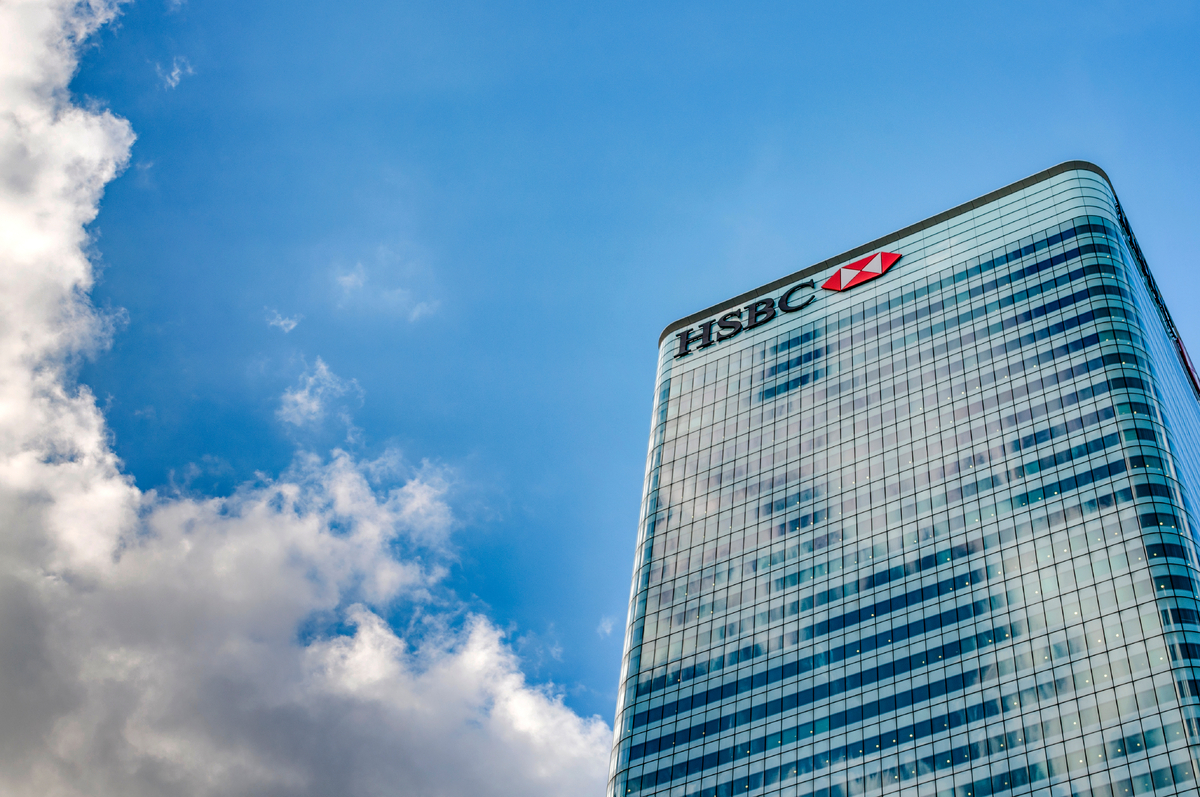Defamation and libel
A defamatory statement is a statement which tends to lower a person or organisation in the estimation of right-thinking members of society generally, or which causes them to be shunned or avoided, or which exposes them to hatred, contempt or ridicule, or which disparages them in their office, professional calling, trade or business.
For instance, a statement in a hotel review that the hotel is infested with cockroaches, or is filthy, would be likely to be such a statement.
A libel for which an action can be taken is a defamatory statement published in some permanent form. The law presumes a defamatory statement to be untrue and it is for the publisher of the libel to prove that the words used are true, or to establish another defence or justification.
A company or corporation has a trading reputation and can maintain a libel action in respect of defamatory statements that injure its trade. If a person or business has been libelled without any proper defence, the law presumes that some damage will flow, entitling the wronged party to token damages at least.
Mere hurt feelings, however, are not enough to recover material damages. If a review is defamatory, to recover material damages it must be shown that loss was caused by the defamatory statements in the review and not, for example, because the quality of service or food at the outlet was poor. Establishing that loss is suffered and that the loss was attributable to the defamatory statement is notoriously difficult.
It is likely to be statements of fact that contain the libel. For a statement to be defensible, the person making it must be in a position to justify that what has been published is true. If a hotel reviewer wants to say that a hotel is infested with cockroaches, he (and his publisher) need to be sure it is, and that they will be able to prove that later in court.
Rather harder are statements of opinion or statements which, if taken literally, would be defamatory, but which a reasonable reader would understand were not intended to be meant literally but merely as insults, irony or sarcasm. It seems defamatory words may be published in an obviously sarcastic or ironic manner, and lose their defamatory meaning.
A reviewer is entitled to spirited criticism but should not misrepresent what is being reviewed, should not attack the character of the operator, must work within the confines of what can fairly be described as a criticism, opinion or comment, and must express opinions honestly.
Check list
Does the review contain statements of fact that you know are untrue and which are defamatory? What actual evidence do you have that could counter any evidence from a publisher that the statement was true?
Is it worth the fuss if you cannot satisfy yourself that you could show a loss flowing from the review? If covers or bookings drop after a defamatory review, can you really prove the drop was attributable to the review and not some other factor?
Is the comment phrased so that it would be obvious to a reasonable reader that the comments are not intended to be meant literally but really just insult, sarcasm or irony?
Beware!
The costs in libel actions are high. How far are you willing to go, and how much do you want to spend?
The threat of action may be enough to extract a retraction or an apology but, as Shepherd's has found out, the act of bringing the libel action itself has generated a lot of publicity.
If you believe that there is no such thing as bad publicity, then obviously this is not a problem. Certainly, Shepherd's Restaurant now enjoys a high profile among the readers of the Sunday Telegraph, and the four lead letters in the issue of 1 February all concern the restaurant and Matthew Norman's review.
If Shepherd's did not want Norman's views of its restaurant known more widely, it would probably have been better off not instructing its solicitors to threaten to sue.
Contacts
Mark Saunders
Partner, Fladgate Fielder
020 7323 4747
www.fladgate.com
|
The Problem
Restaurants, bars and hotels are all subject to reviews by critics. The publicity can be valuable, but what can the operator do if the critic goes too far? Can a review amount to libel? The issue has been highlighted following a review of Shepherd's Restaurant in London by Matthew Norman, published in the Sunday Telegraph. Owner Richard Shepherd's response has come in the form of a threat of a libel claim from his lawyers.
|













